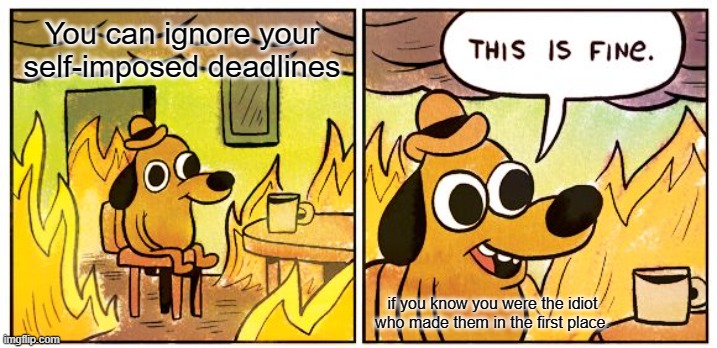Systems Simplify
How long does it take you to write 100 words? I'm sure most of us have never sat down and figured this out, even if we've done it many times. Still, if I asked you to write 100 words in 100 minutes, you'd likely say you can easily do that. 10 minutes? Probably more of a challenge, but not impossible. 1 minute? Unlikely—unless you really work at achieving it. As with most things in our lives, we develop an innate understanding of how long something takes the more we do it. We feel frustrated if it takes too long but accomplished if we can do it faster than normal.
The routine becomes subconscious.
A tenet of writerly advice is usually "develop a daily writing habit." Why is this? First, it's practicing something that then becomes easier with each iteration. Whether it's a set number of minutes or words each day, the more times you practice this routine, the better you'll get at...


